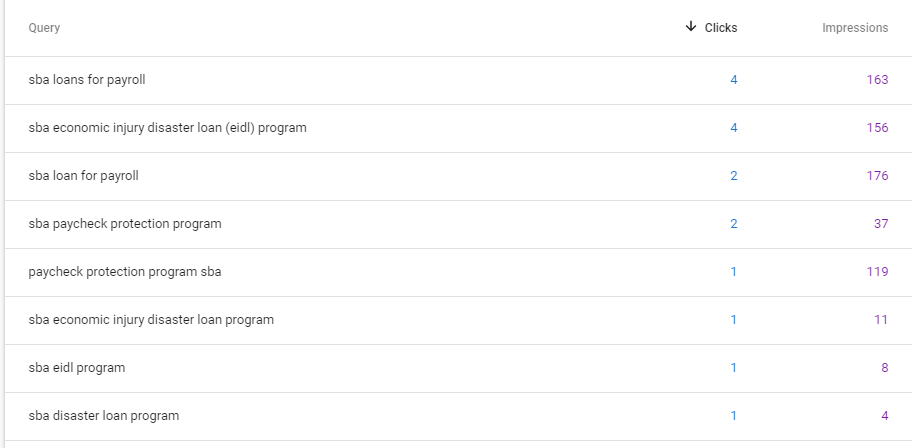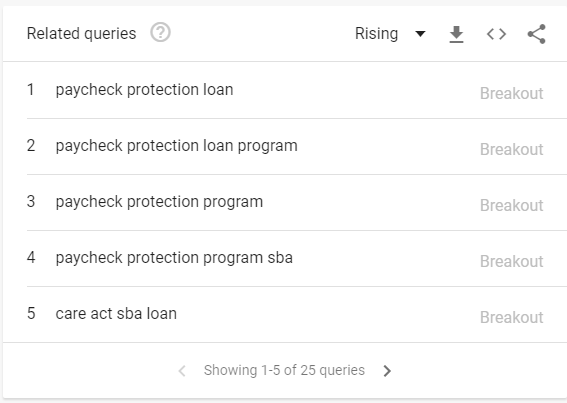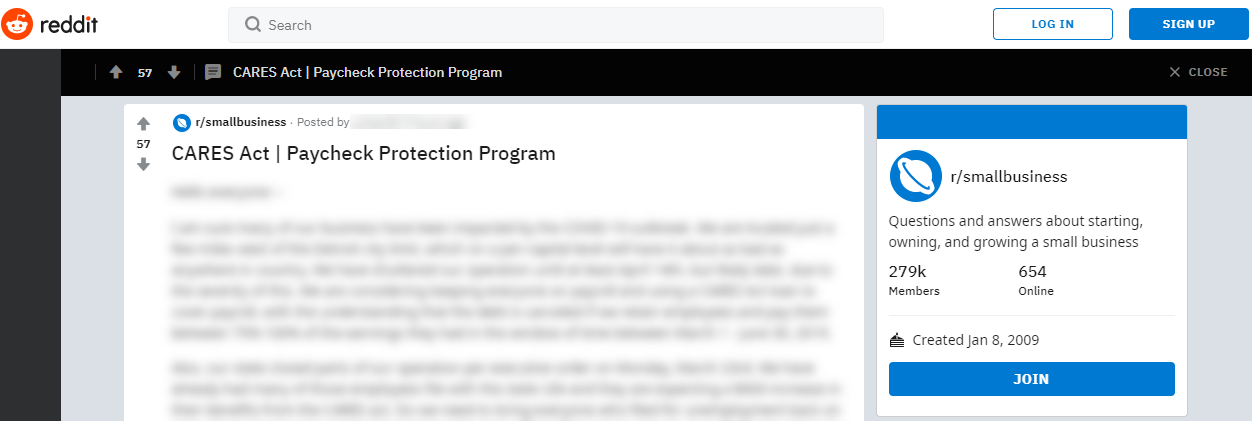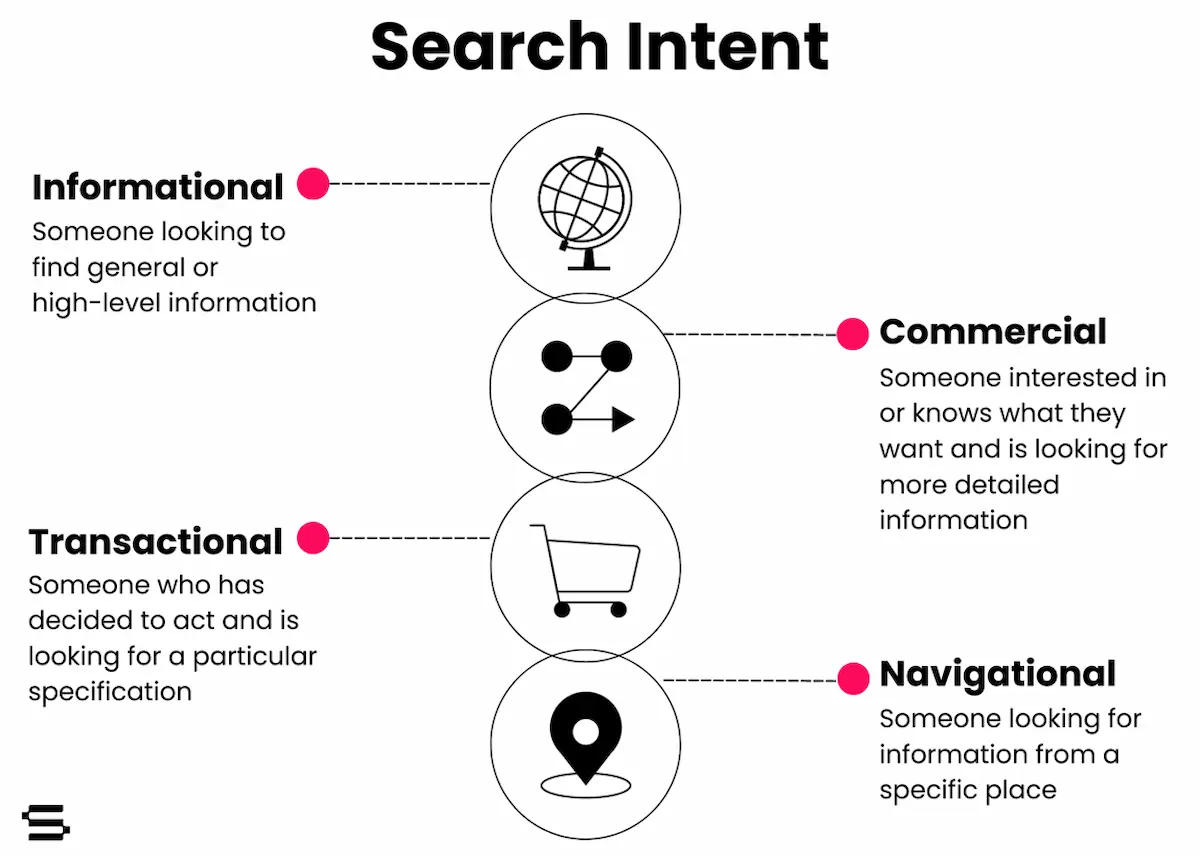In a perfect world, everything would go according to plan. The sun would always shine, people would always smile and there would be monthly search volume (MSV) for every keyword imaginable.
The harsh reality: we don’t live in a perfect world and, therefore, there are circumstances where there is inefficient MSV data to identify pressing trends.
We’re experiencing unprecedented times as digital marketers in 2020. The COVID-19 pandemic has significantly altered the SERPs in less than a month for the query “corona” (and most other queries) and trends continue to change with each passing day. The things our customers and teams needed from us 3 weeks ago have rapidly shifted. We need to figure out [and quickly] what content we need to make to provide our users with accurate and helpful answers to meet their new needs.
Typically, as digital marketers, we turn to MSV and paid search data to inform this type of SEO strategy. However, current circumstances require us to roll with the punches of daily shifting search trends and little-to-no MSV data.
So, how do you identify user search trends when there is no MSV readily available? We’ll show you three useful tools to help inform your decisions to pivot your digital marketing strategy!
1. Google Search Console
When you are trying to identify real-time search trends, Google Search Console can be a digital marketer’s best friend.
Though I have previously warned against using Google Search Console performance data for definitive recommendations, it can be an extremely useful tool for directional purposes.

Google Search Console click and impression data can help identify rapidly changing search trends
When MSV is not readily available, you can use GSC’s impressions and clicks to gauge a rough estimate as to what queries have recently triggered your content in the SERPs. In the GSC performance section, filter for search data from the last 7 days. Sort queries by impressions (greatest-to-least) and try to identify overarching trends and themes.
After the U.S. government passed the Families First Coronavirus Response Act and CARES Act last week, clicks and impressions for SBA-related (Small Business Administration) queries climbed exponentially in GSC for small businesses.
Take “SBA loans for payroll,” for example.
If you are a financial institution that is in a place to help these small business owners with loans, consider setting up an FAQ on this topic.
If you provide human resource or consulting services to small businesses, you may want to leverage this data to inform a coronavirus resource center for helping small business owners navigate through this unprecedented time.

2. Google Trends
One of the most useful tools for monitoring user behavior in the SERPs is Google Trends. Google Trends analyzes the prevalence of top queries in Google Search, providing clear and comprehensive data visualizations for support.
Google Trends has more capabilities than most digital marketers will need. Some of the most useful features are that Trends allows you to browse the top trending global searches, drill down into location-specific searches, explore and search for specific topics, and compare topics.
In response to the COVID-19 pandemic, Google Trends has dedicated an entire section to trending search queries related to the virus.
Following the passing of the CARES Act; sba, cares act and paycheck protection loan were rising trends for small businesses in the U.S. This data helped support the sba-related theme identified in Google Search Console. So if you provide services or products and have extensive knowledge in this area that can help solve these new business challenges that have arisen for small businesses and their employees, you can prioritize providing those resources.

Top-trending queries related to ‘sba’ in Google Trends
3. Reddit
When you’re trying to identify a pressing trend in user search intent, one of the best sources are the users themselves. While it would be helpful to hold an impromptu focus group or audience interview, that’s not a feasible option to replace the convenience of MSV. However, online forums - especially Reddit - provide audience research from the user firsthand without having to bend over backward to obtain the data.
There are countless subreddits for every niche market imaginable, and the first step is to identify a list of subreddits relevant to your target audience. Once you find subreddits, you can begin browsing the message boards for any major announcements with a high number of engagements. From there, you can dig deeper and search through the comments to find trends within a higher number of users.
Take it to the next level and analyze data from Reddit in PowerBI to pinpoint recurring n-grams, more easily identifying themes at scale.

Reddit threads are gold mines of audience research when MSV and paid data isn’t readily available
The small business subreddit was extremely helpful for audience research last week as business owners discussed the impact of the Families First and CARES Acts on their respective businesses and teams. Combined with data from GSC and Google Trends, we now have a strong core of support to inform a content strategy.
Providing customers with resources to support and address their pain points is top priority during these turbulent times. Leveraging real-time search data and timely audience research, you can detect the sentiment of your customer-base and identify areas you can best support their needs.
Stay Ahead of Evolving Search Trends
Data-informed decisions are crucial, now more than ever, for success in digital marketing.
With search trends changing daily, it is important to remain agile and utilize everything in your digital marketing toolbox. If you want to stay up to date on the latest posts from Seer, sign up for our newsletter below!


